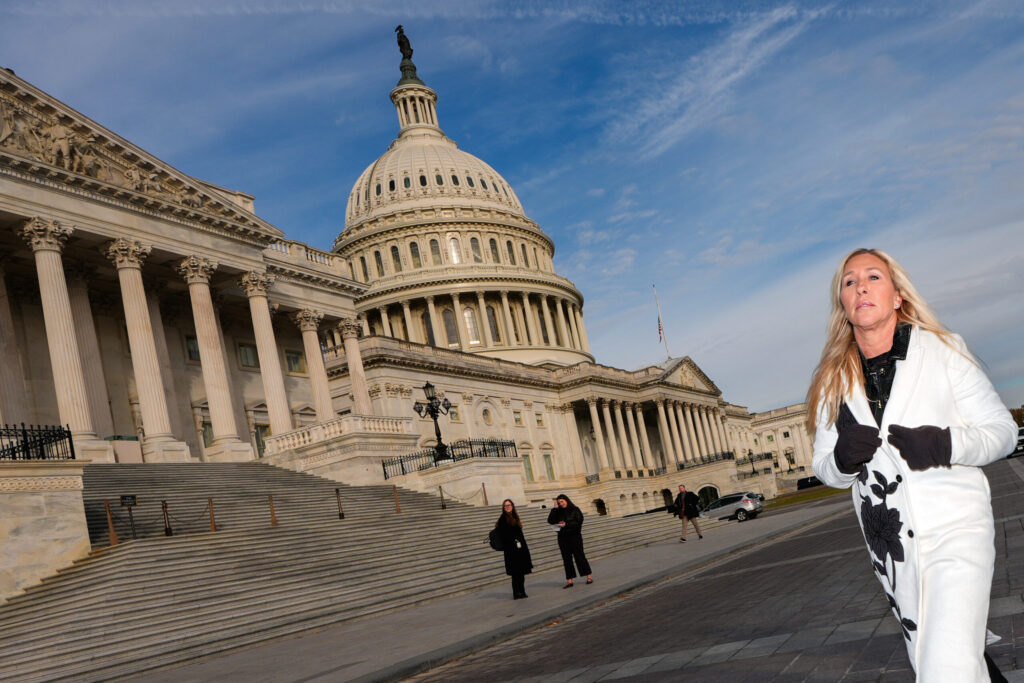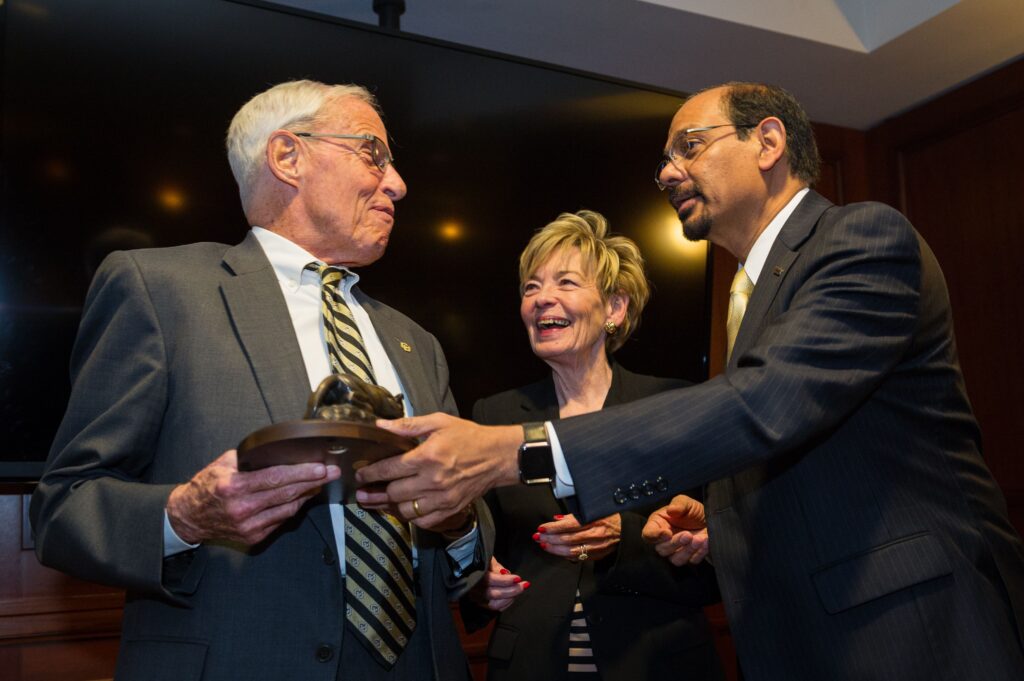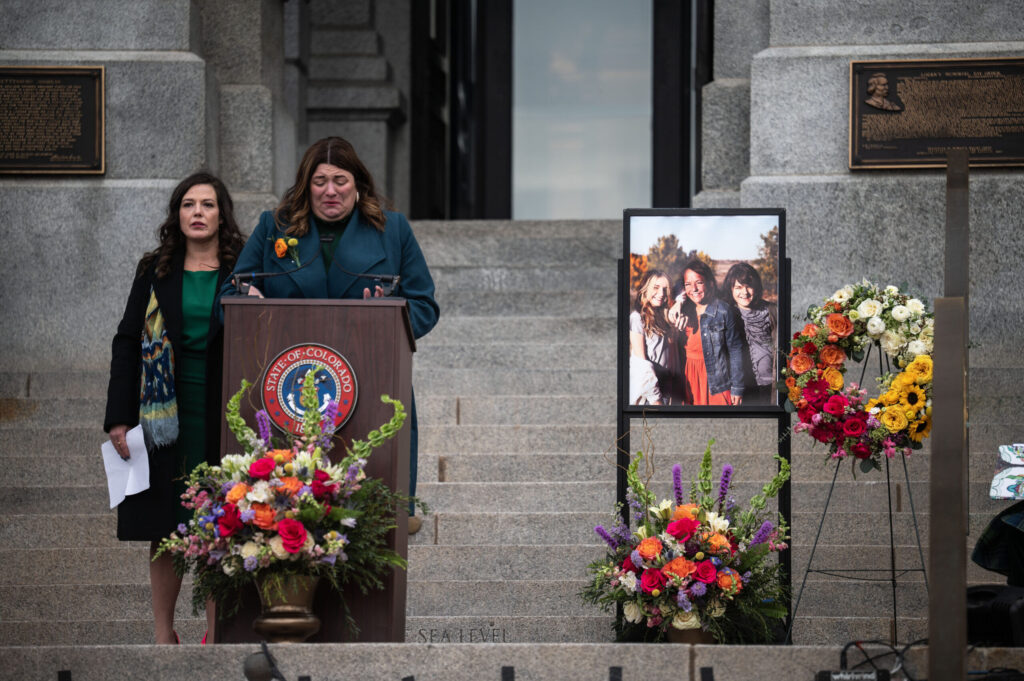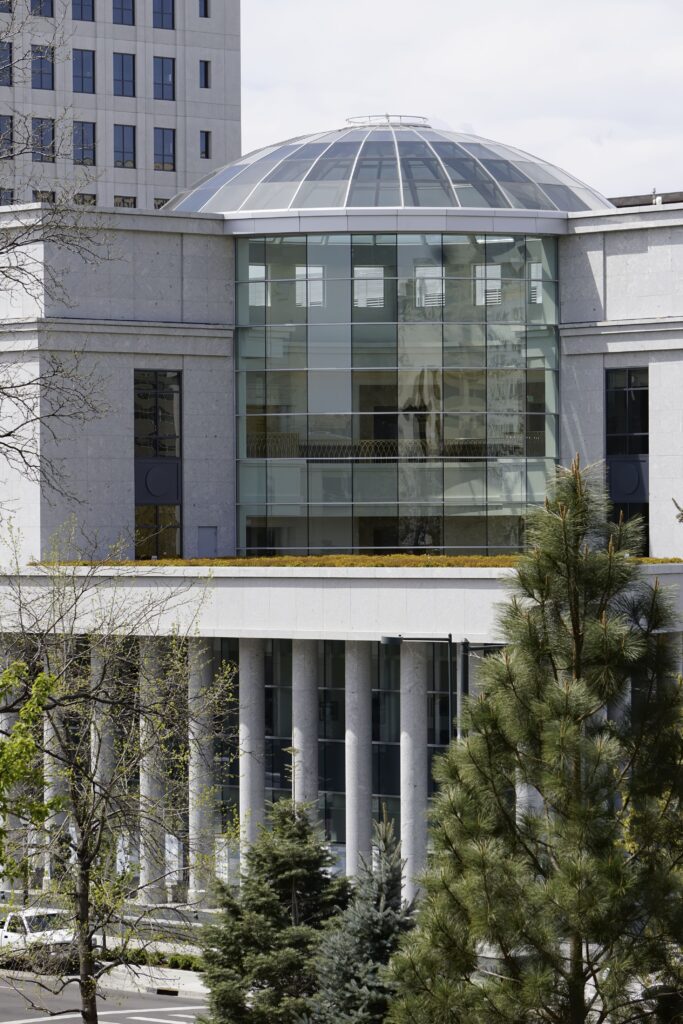Colorado businesses starting to feel good about the economy again, report shows
For two years, state business leaders reported feeling pessimistic about the direction of Colorado’s economy.
It started when inflation was high. And to tame it, the Federal Reserve raised interest rates making it more costly to borrow money for business loans or mortgages.
But for the first time since 2022, business confidence in the state turned positive, according to the Leeds Business Confidence Index — a measurement of Colorado business leader’s economic sentiment from the University of Colorado Boulder.
Going into the second quarter of the year, the index jumped above a score of 50, the neutral baseline, to nearly 54.
In Q1, the Leeds Business Confidence Index stood at 45.
The index measures business sentiments across six categories: state economy, national economy, sales, profits, hiring and capital investments. All saw a boost of optimism in Q2.
It’s a contrast from last quarter’s index: only two had scores go up, three categories saw confidence decline and one didn’t budge.
Nearly 180 business leaders surveyed between March 1 through March 20 reported the highest confidence in sales and the lowest in hiring, according to the CU Leeds School of Business.
Sales and profits had the biggest spike in confidence going into Q2. The sales index jumped nearly 12 points into the positive territory with a score of 57.
About 44% of respondents said they have a positive outlook on sales, the survey found, outnumbering the 16% with negative expectations. Nearly 40% were neutral.
Business leaders have higher faith in the state economy than the U.S. and the gap is widening as leaders expect Colorado to outperform the national average.
5 risks to Colorado’s economy state officials are watching
Colorado’s economy started the year on a better foundation, according to an earlier report from CU Boulder and the Secretary of State. The national gross domestic product at the end of 2023 was higher than expected thanks to a boost in holiday shopping, affirming consumers are still spending.
Inflation in the Denver-Aurora-Lakewood metro area was up 3.5% year-over-year in January, according to the Bureau of Labor Statistics, higher than the national average of 3.1%.
The metro area’s inflation is expected to stay above 3% throughout 2024, according to the university’s economic forecasters.
Still, businesses reported their top concerns were the general economy, politics from new regulations to an upcoming presidential election, high interest rates, inflation and the labor market.











